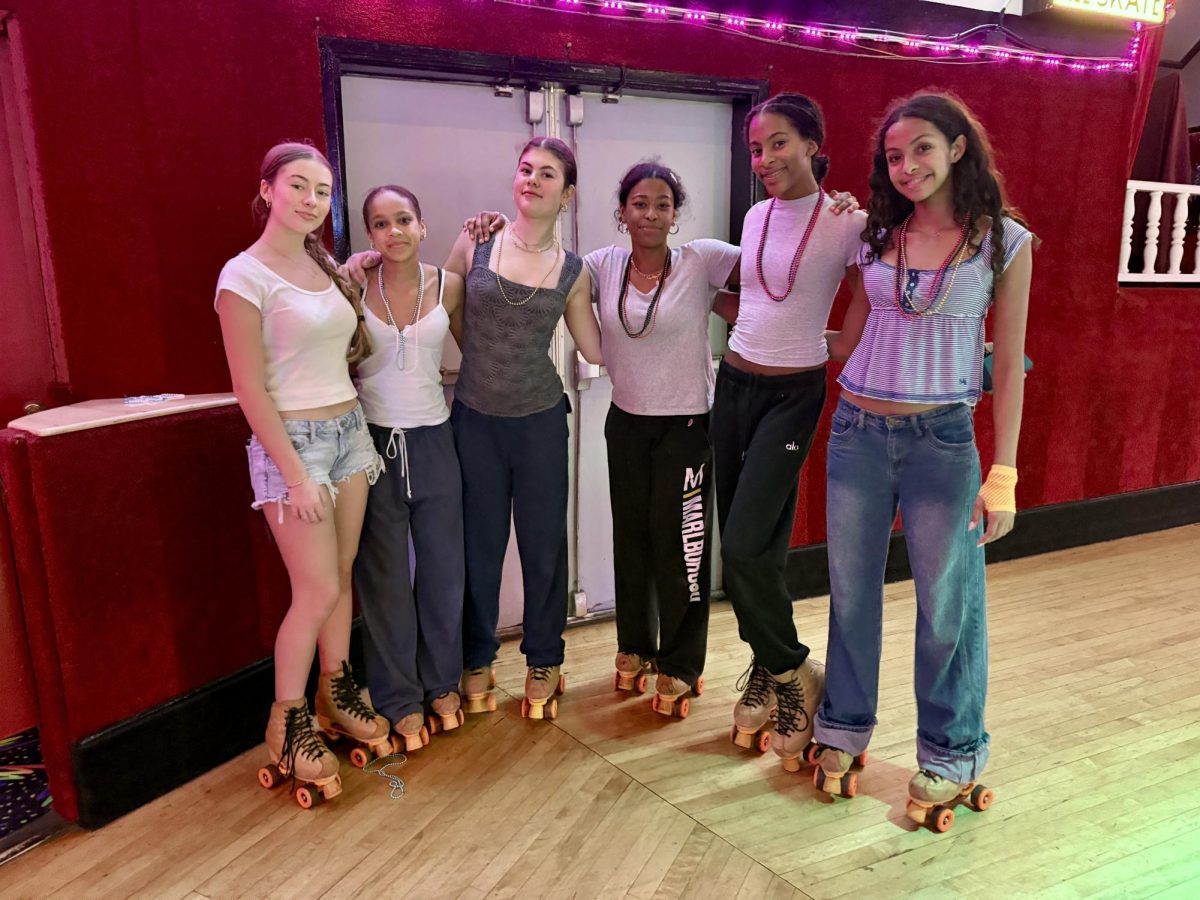History instructor Michael Gwaltney teaches students in four different countries, up to 17 time zones away from Los Angeles, all without leaving his desk chair. His student, Caroline ’12 from the Hockaday School for Girls in Dallas, Texas, Skypes with him about homework questions. Marlborough student Alice ’11 is mastering the language of java without stepping foot on a school campus.
Gwaltney, Caroline, and Alice are all involved in the Online School for Girls (OSG), which Marlborough joined as a consortium member last Spring.
OSG, which consists of ten consortium and 19 affiliate schools in the United States and Australia, is open to high school girls anywhere in the world. Semester courses are $650 and full year courses are $1,300, although students of member and affiliate schools receive a ten percent discount per semester. Classes each have a maximum of 20 students, and the teachers are all from the member and affiliate schools.
In addition to offering courses to students, OSG offers professional growth courses for consortium school faculty about online learning. Stuart Posin, Director of Academic and Administrative Technology, said that Marlborough’s primary motivation in joining OSG specifically as a consortium school was to learn more about online education.
“We’re exploring opportunities to enhance the already fantastic education at Marlborough,” he said. “The resources you can provide online are far superior to the ones you can supply in a classroom.”
Gwaltney, who is teaching a Global Issues class online this semester and an AP Government class second semester sees why both online and in-class education are important. He said that OSG provides an opportunity for students to encounter opinions from outside their own community.
For example, in the Global Issues class’s discussion thread regarding the rise of China in the new world economy, a Chinese citizen from a Texas boarding school mentioned that she sees the rise of China as an “opportunity;” Gwaltney said that conversely, most people in North America see China’s rise as a challenge.
“The conversations are richer and there are more divergent opinions,” he said. “People are literally interacting and chatting with a larger community.”
Caroline agrees with Gwaltney’s assesment.
“Because there are people from other countries, I feel like I’m showing the American view of the global issue,” she said.
Molly Rumsey, Interim Director of OSG, said that the flexibility an online course provides in terms of time is another great benefit. Students are given weekly deadlines but can work on assignments and learn the lessons whenever it is convenient for them.
“More and more girls are actors, are dancers, are athletes and need more flexibility in their schedules,” Rumsey said.
Marissa’12, who is taking AP Computer Science online said that it’s nice to have some flexibility, but there are challenges that come with it.
“Since there’s not a designated time for the class, it’s harder to make sure you’re leaving enough time for everything,” Marissa said.
Caroline noted that because the Global Issues course isn’t built into her school schedule she must be especially mindful of her time.
“The biggest challenge is time management. You have to have self discipline,” she said.
“You have to sit yourself down and say “okay I’m going to finish this.”
Another concern surrounding online learning is interaction among students. In an online course, student interaction must be designed into the curriculum. Rumsey said that OSG incorporates studen interaction through Skype, group projects, discussions, and other tools.
“It is discussion, it’s group work, it’s real world application. Students are not just watching videos, downloading assignments, and doing the work,” Rumsey said.
Rumsey also said the teachers themselves are in contact with each other. She said that meetings and even interviews can be held over Skype.
“At least once a day I’m Skyping with someone,” Rumsey said.
Despite OSG’s commitment to fostering interaction, some Marlborough girls still prefer an in-class environment.
“ I think a lot of classes, especially at Marlborough are based on teacher-student face to face relations,” Ariella ’11 said, “I learn better when someone is teaching me [in person.].”






